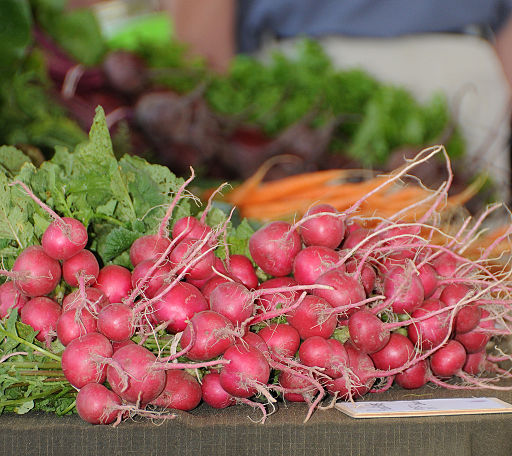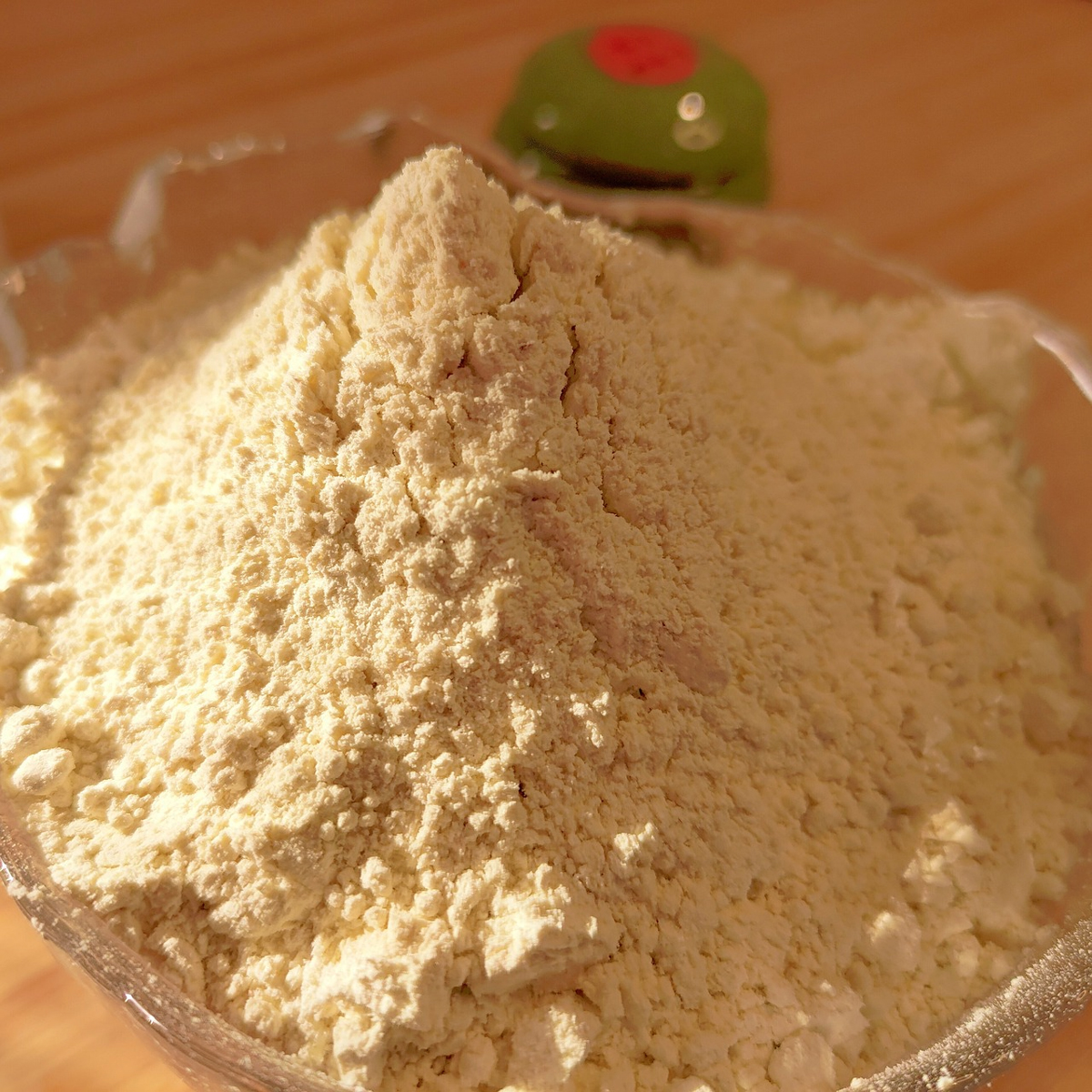Selling at Your Local Farmers Market part 1

The new wave of eating local combined with the necessity of earning some extra cash can make one contemplate the possibility of becoming a farmers market seller. There are a few problems that can occur for the first-time entrepreneur. Obviously, before you can cart your vegetables, fruits and other products to the market, you have to produce them. Secondly, there has to be a need or market for the products. Your farmers market may be small because there are limited customers for which the three tables in the park basically supply more than enough. Conversely, if you are lucky enough to have a larger city market near you then the opposite may be true. There may be a niche that you could fill with your products. Even if there seems to be unlimited tomatoes and cukes at the start of the market, if they run out two hours before the end, then there is a need for more.
These days you cannot just load up the back of the truck and show up on market day at the lot. Many markets require potential sellers to complete an application and pay sometimes rather substantial fees just to be allowed the privilege of selling. Often some kind of insurance is required. We have a rider added to our homeowners insurance, which is not that expensive. That way, if a cantaloupe should fly up into a customer’s face, or a tent be caught in a sudden rainstorm and hit a customer’s car, we are covered.
Some markets are highly competitive and may have waiting lists of years. I have found that while small, less competitive markets bring less income, the lower stress for the first time seller and lower initial fees can be important considerations.
Let’s say you have a market that you will be selling at it. Now, what to sell? Hopefully, you have a bit of experience with gardening. Look at the land you have to work with. Think of the vegetables that you have successfully grown in the past. From your observation/buying experiences at the market in question, have you seen an abundance of that vegetable already? There’s little need to grow 14 bushels of cabbage if it is all over the market. It does keep pretty well, but takes up a lot of room and sells for a pretty low price. What will you do with the extra 10 bushels you bring home from the market? Two good things to keep in mind is the keeping quality of your crop and the options you have to perhaps transform it into a value-added product. That cabbage could be made into sauerkraut and canned, thus keeping much longer. This would add another dimension of labor to your business, but would also in turn raise the selling price of your cabbage crop.
Another caveat to keep in mind is that once you start operating a home kitchen you may need to explore health department inspection and licensing requirements. This could limit or expand your business. You may find yourself well on the way to a full time job! Watch out, selling at the farmers market, interacting with the other sellers and your customers can be addicting. I have been selling at one market or another for over 15 years now, and can’t imagine ever stopping completely.
Selling at the Farmers’ Market — Part 2
Source: Ab








